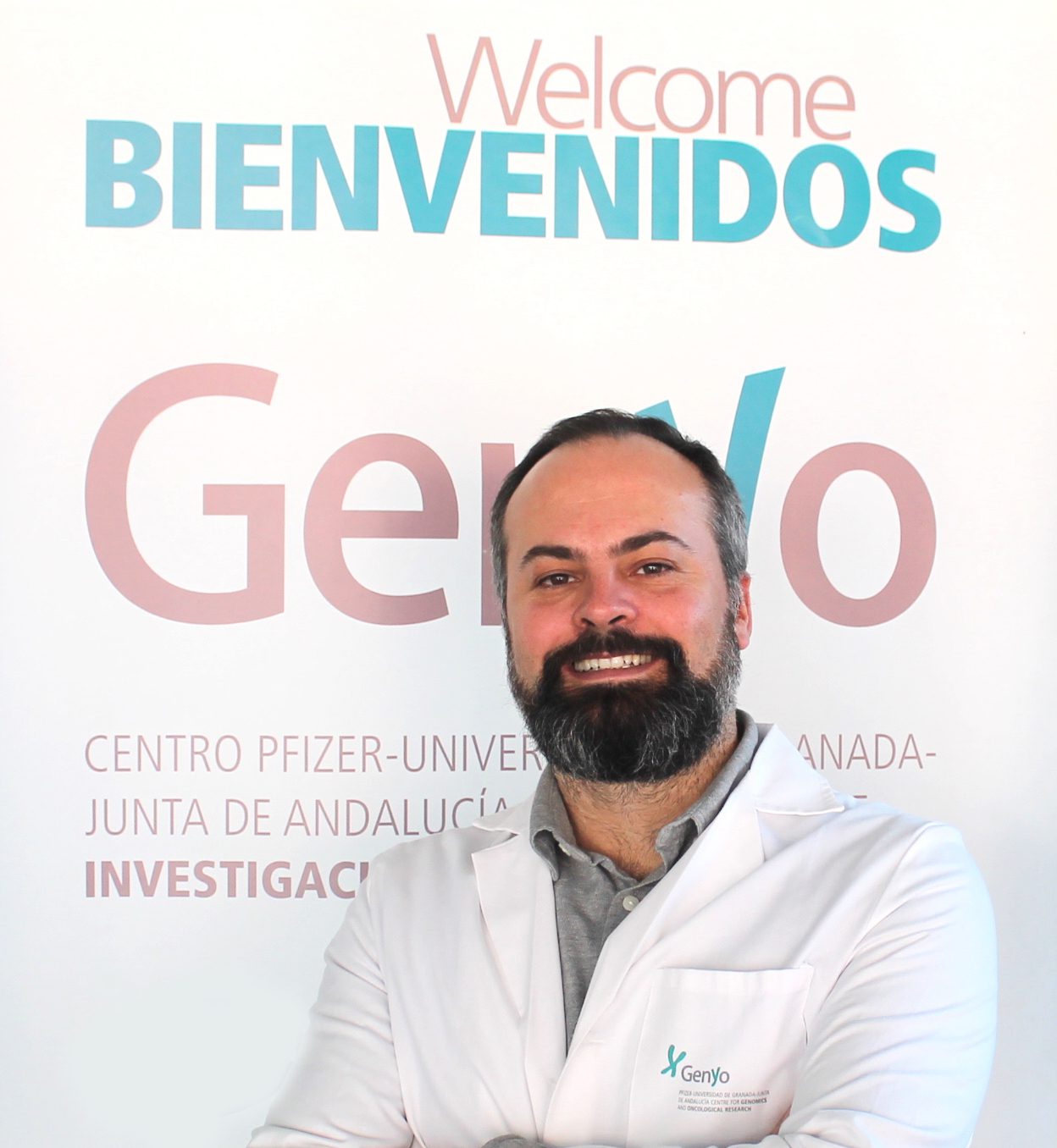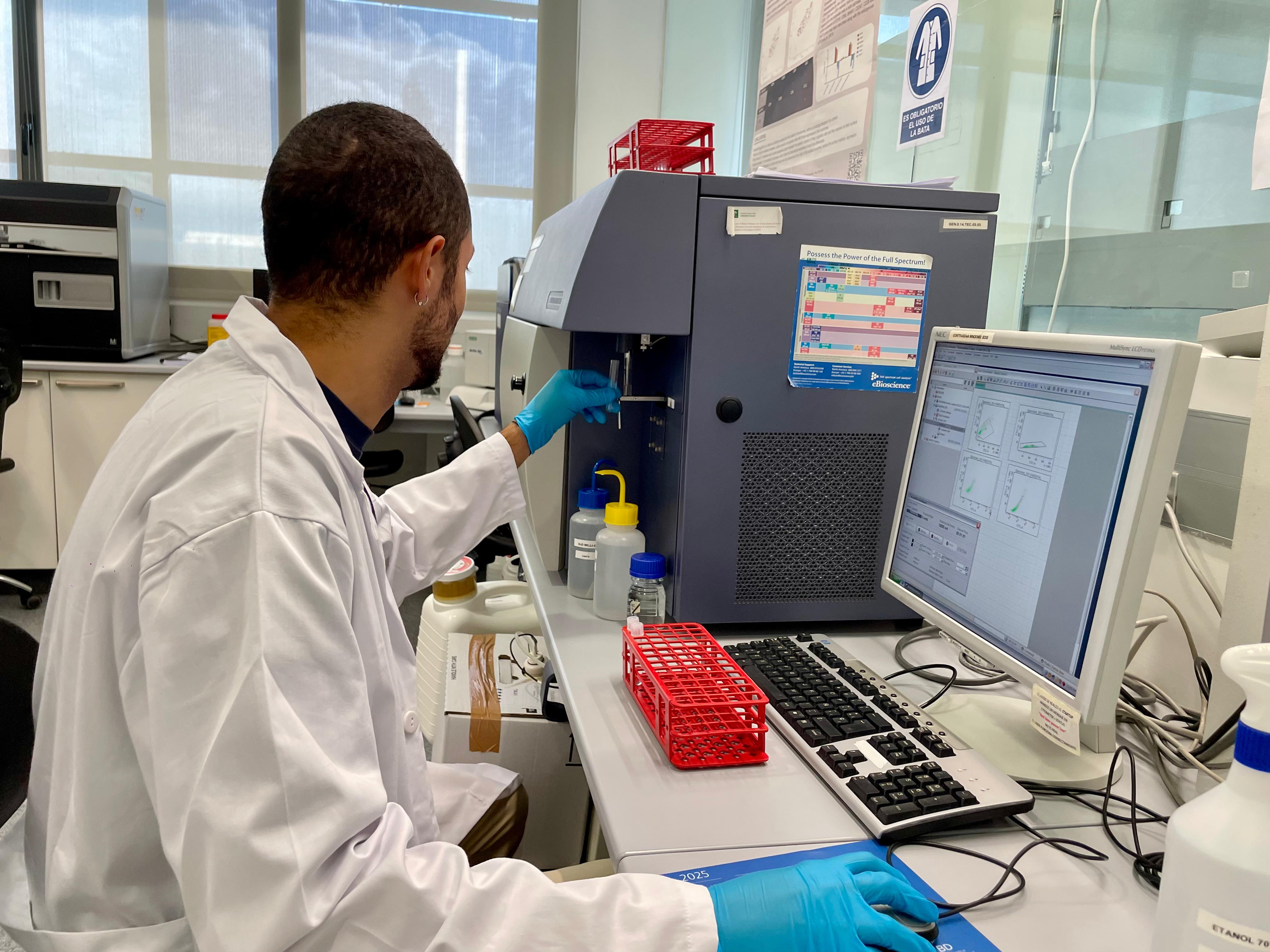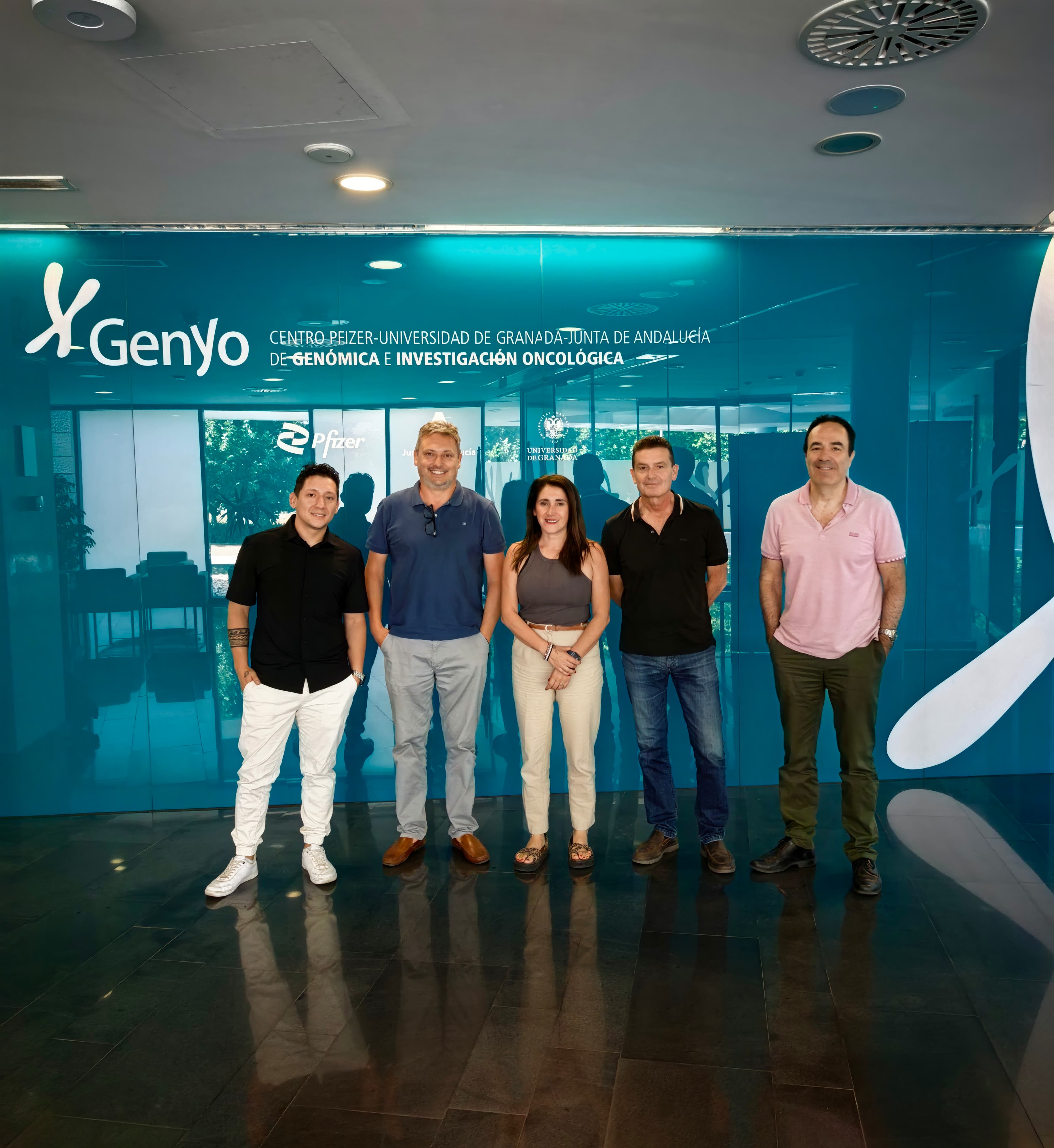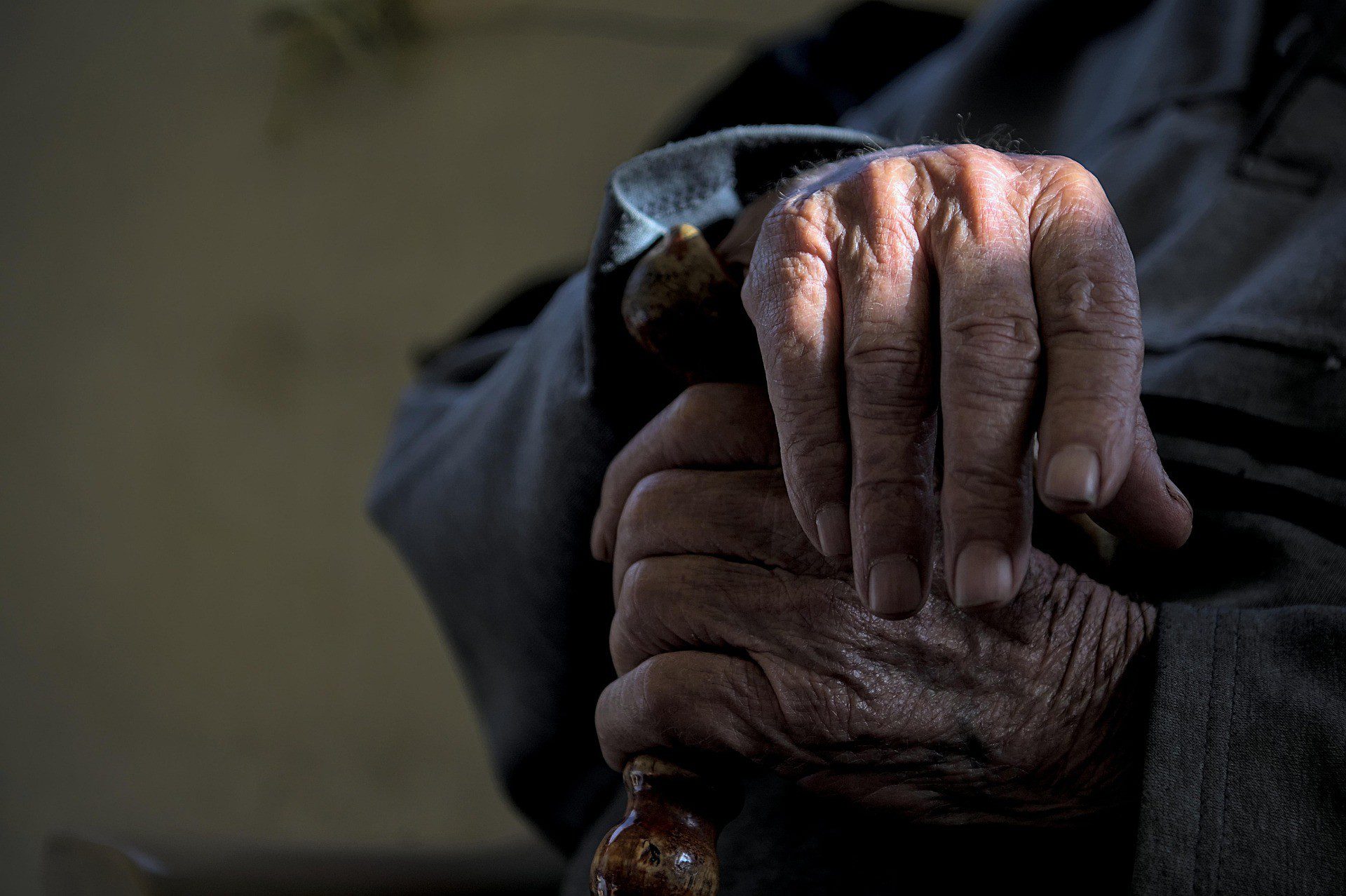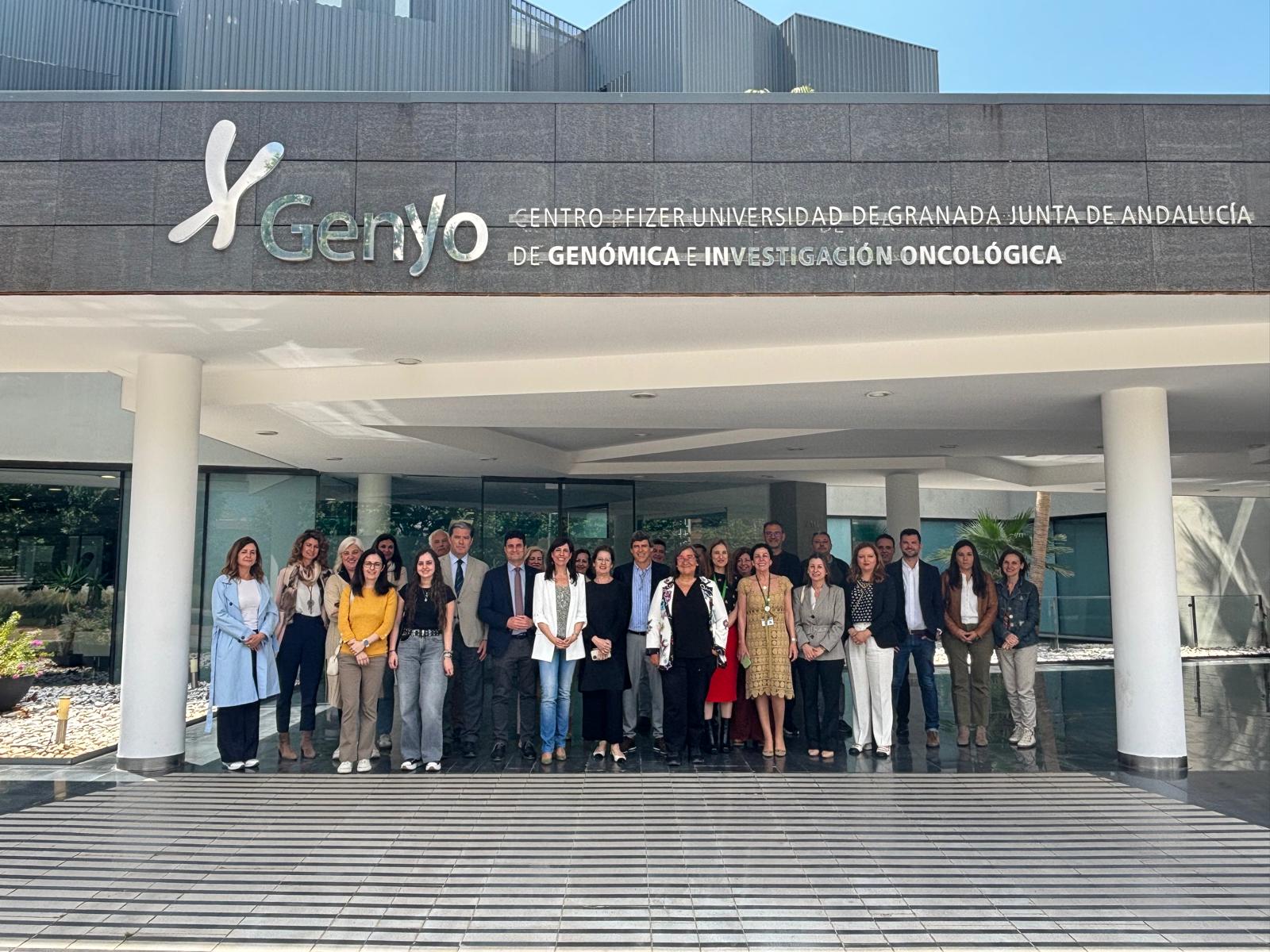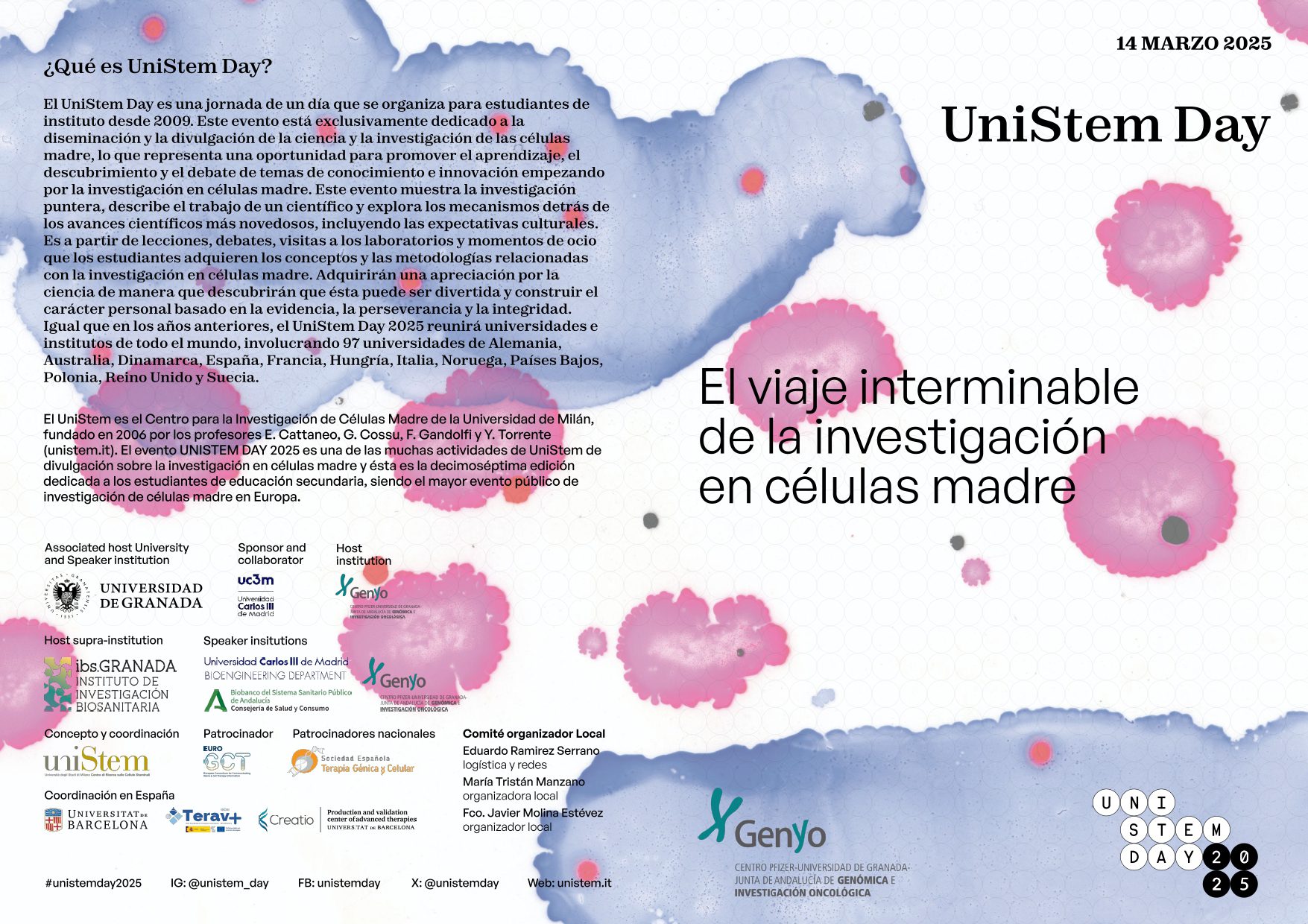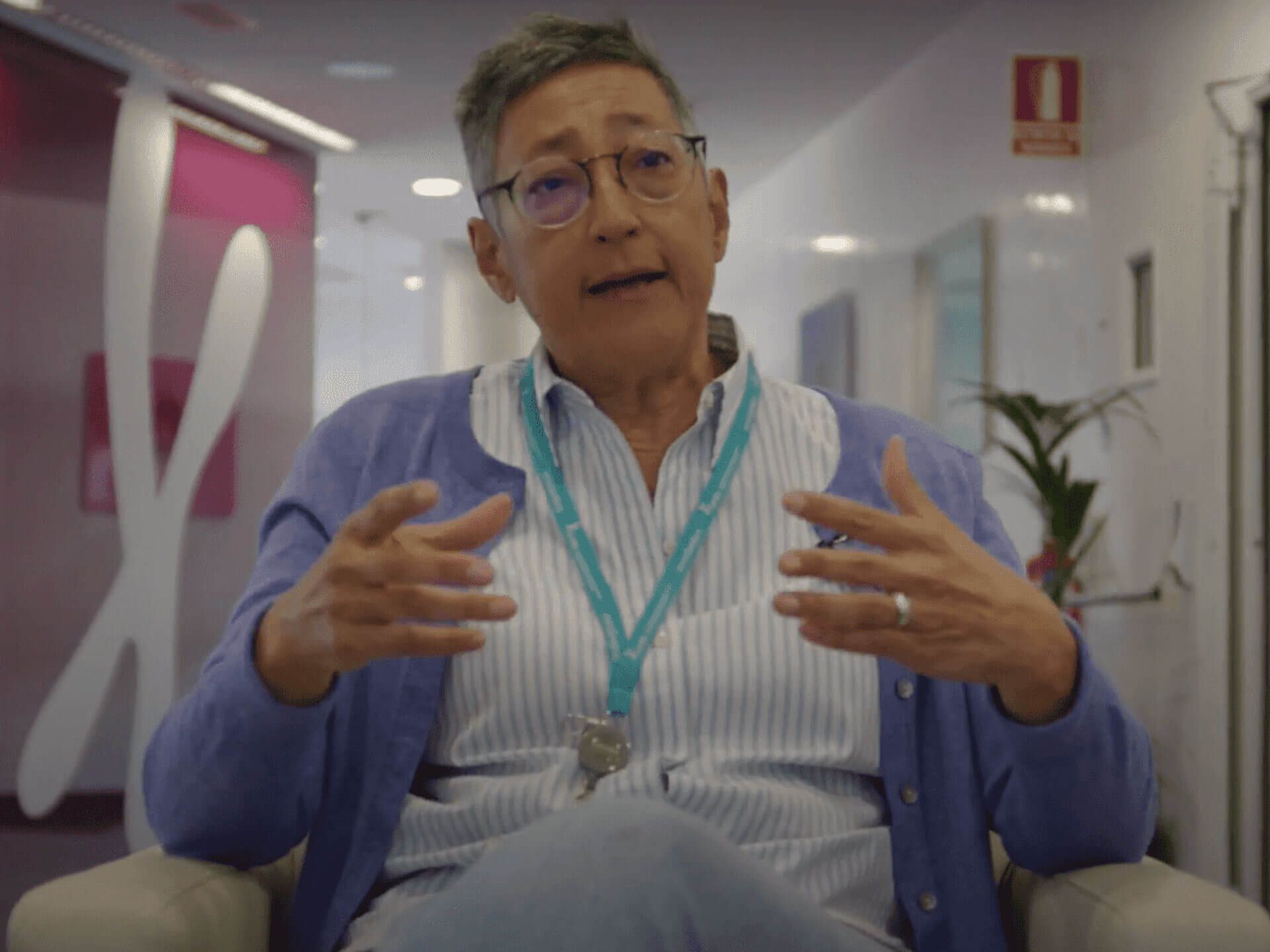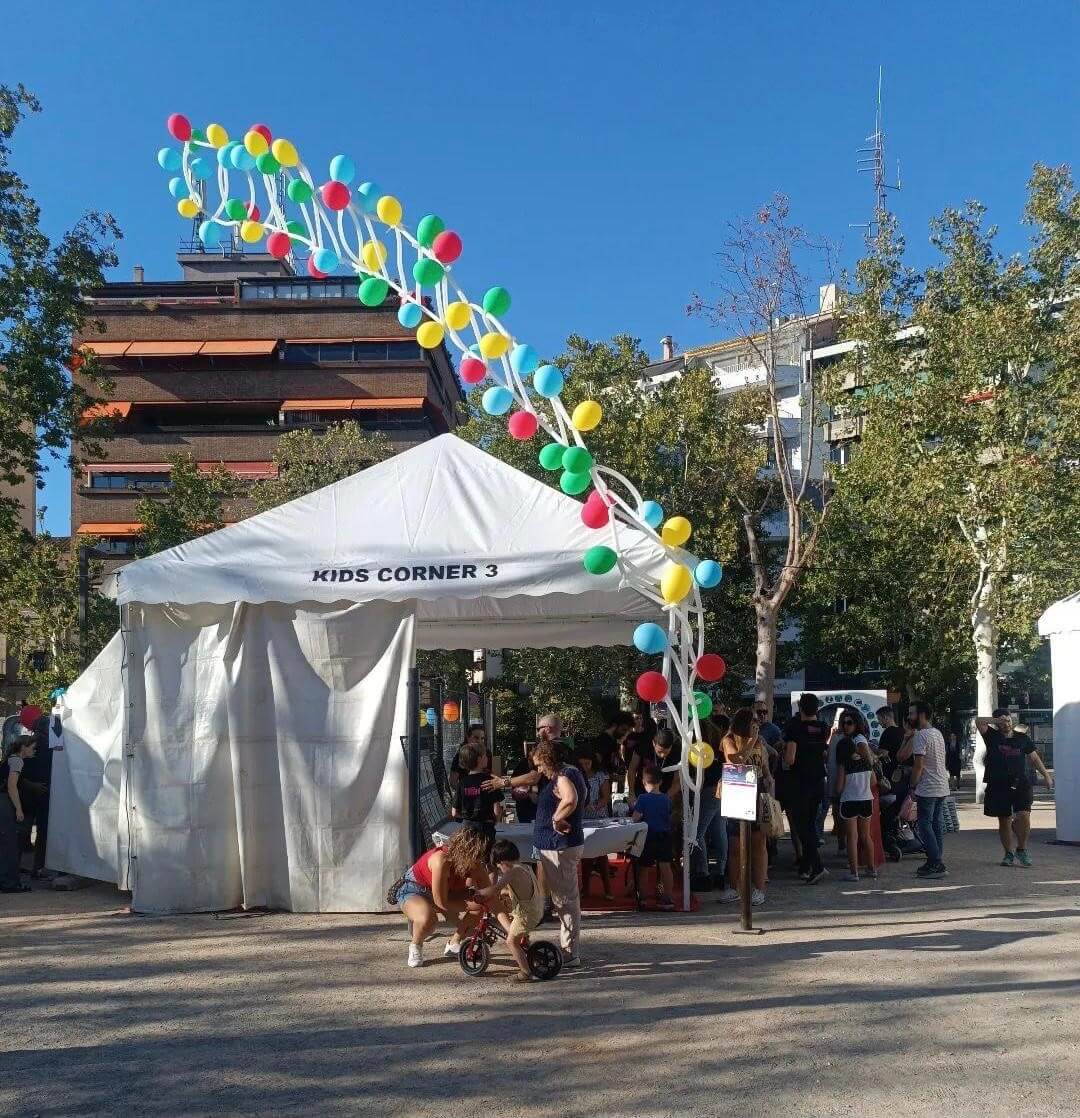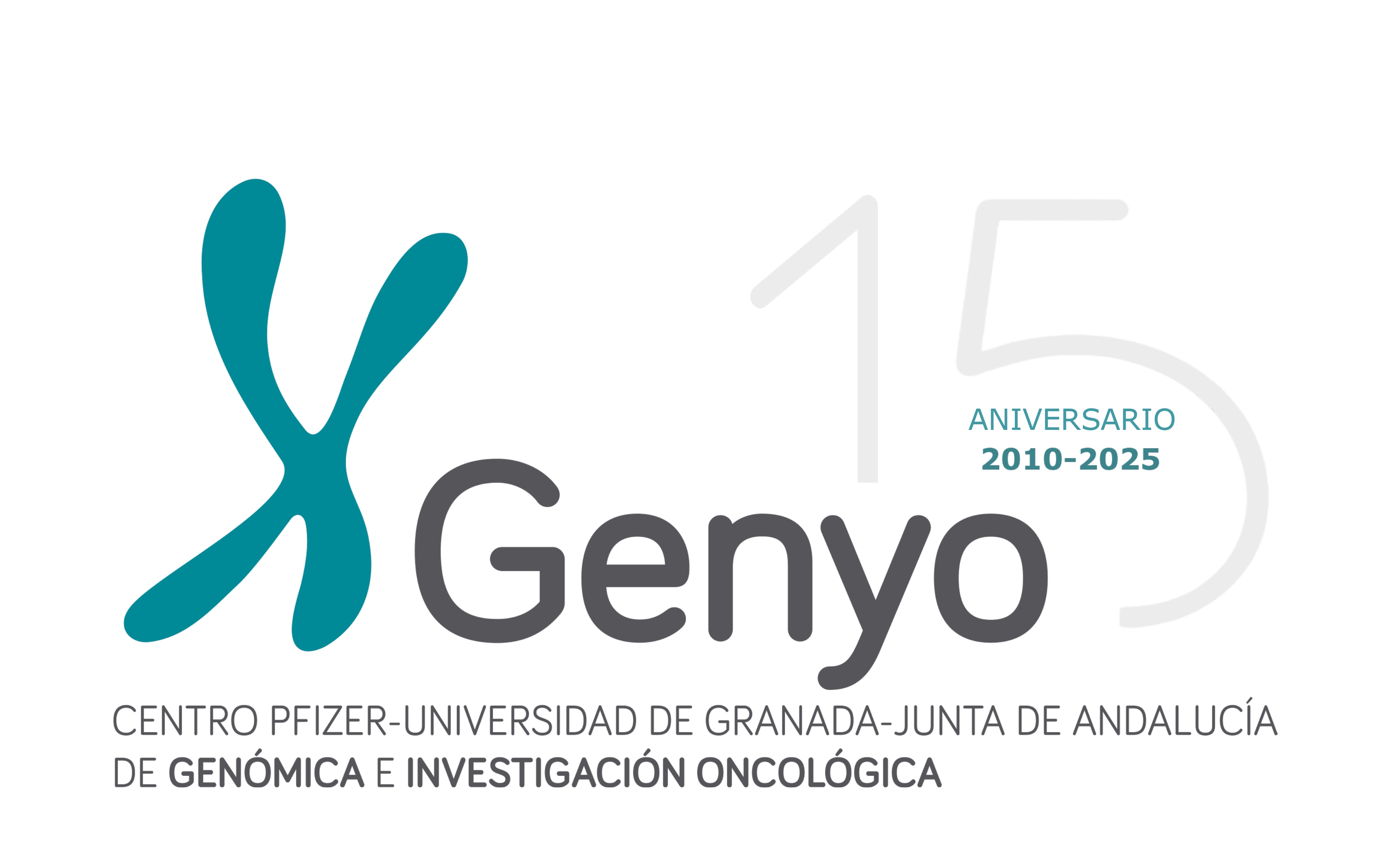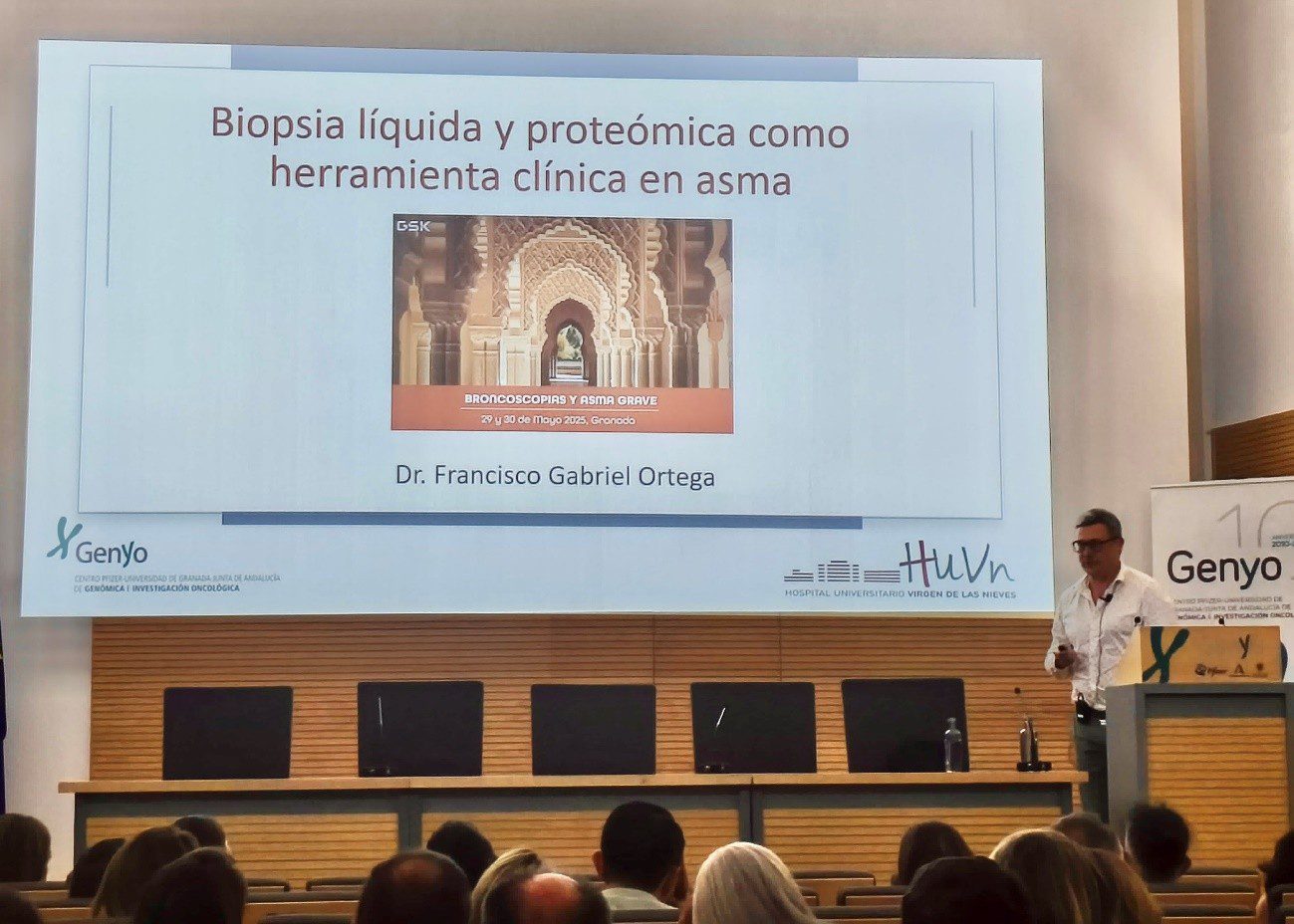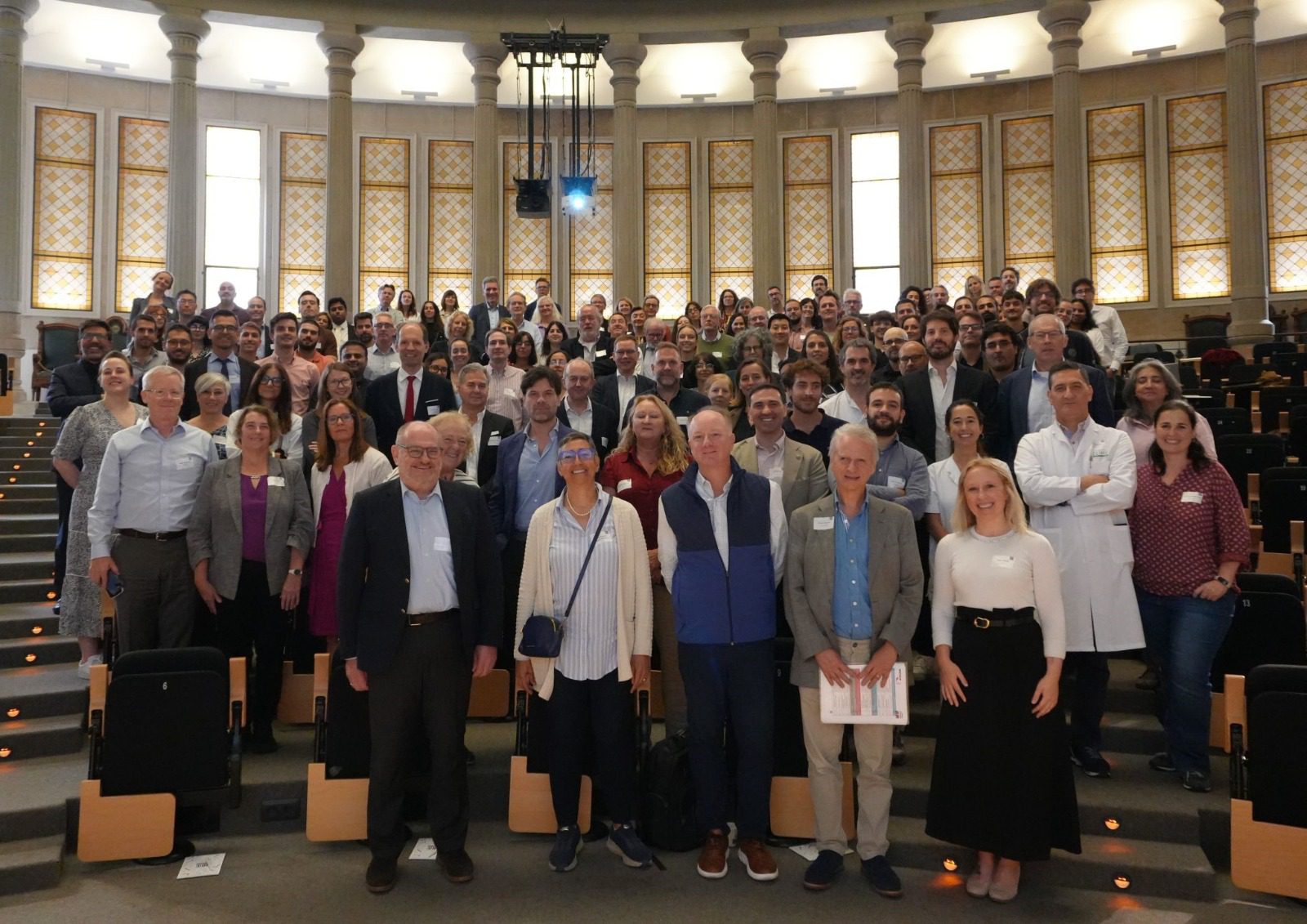
There are no projects in the garbage can.
The Spanish Royal National Academy of Medicine (RANME) has awarded this year’s prestigious Basic Medical Research Award to Dr. Pedro Pablo Medina Vico, Professor in the Department of Biochemistry and Molecular Biology at the University of Granada, Group Leader of the Pfizer/University of Granada/Junta de Andalucía Centre for Genomics and Oncology Research (GENyO) and Researcher at the Institute for Biosanitary Research of Granada (ibs.GRANADA). This award recognises Dr. Medina’s contributions in the field of oncological research, particularly in the study of the molecular and genetic basis of cancer.
Academic and professional career
Dr. Medina graduated from the University of Granada, obtaining the best academic record during the last three years of his degree, with an average mark of 10/10. He did his PhD at the Spanish National Cancer Research Centre (CNIO) in Madrid, where his thesis on the molecular biology of lung cancer was awarded the Prize for the Best National Thesis in Biomedicine by the Royal Academy of Doctors of Spain.
Subsequently, she carried out postdoctoral research at Yale University, where she developed innovative models for the study of microRNAs in tumour development. One of his most outstanding works, published in the journal Nature, is among the top 1% of the most cited articles in clinical medicine according to Essential Science Indicators.
Scientific impact and international recognition
Dr. Medina has been the recipient of prestigious international grants, such as the Hope Funds for Cancer Research and the Deutsche JC Leukämie-Stiftung. These awards allowed him to consolidate his career in the United States. After his postdoctoral training at Yale, he received offers to lead research groups at renowned institutions such as the MD Anderson Cancer Center (USA) and the Karolinska Institute (Sweden). He opted to return to his native Granada, where he obtained places in competitive scientific re-entry programmes such as Ramón y Cajal and Miguel Servet, where he obtained the highest score of the 235 participants in the competition.
Among his most relevant contributions is the development of the first in vivo model that demonstrates the essential role of microRNAs in the creation and maintenance of tumours, a finding that lays the foundations for new therapies aimed at inhibiting these molecules. MicroRNAs are necessary regulators of cell function, the discovery of which has been awarded the 2024 Nobel Prize. In addition, his lab has identified key genes in the development of lung cancer, lymphomas and childhood leukaemia, which has led to several experimental therapies and patents.
Teaching and social commitment
Dr. Medina combines his research activity with outstanding teaching work at the University of Granada, where he teaches on the Biochemistry, Biology and Biotechnology degrees, and has participated in the teaching of 9 different Master’s degrees. The graduates of his research group, which has recently celebrated its tenth anniversary, continue their scientific careers in prestigious international institutions such as Harvard University (USA), the Marie Curie Institute (Paris), the Francis Crick Institute (London), Harvard University (USA), the EMBL (Heidelberg), or the University of Geneva (Switzerland).
In the social field, Dr. Medina has promoted the creation of the “Heroes against Leukaemia” Research Classroom, in collaboration with the Granada Association “Héroes Hasta la Médula”, dedicated to raising awareness and supporting research into childhood leukaemia.
Recent awards
In addition to the RANME Award, Professor Medina’s career has received awards such as the Royal National Academy of Pharmacy Award, the City of Science Award, and the Losada Villasante Award for scientific excellence. Internationally, his discoveries have received awards from the BIAL Foundation in Portugal and the Young Investigator Award from the International Association for the Study of Lung Cancer (IASLC) based in the United States.
See more news


